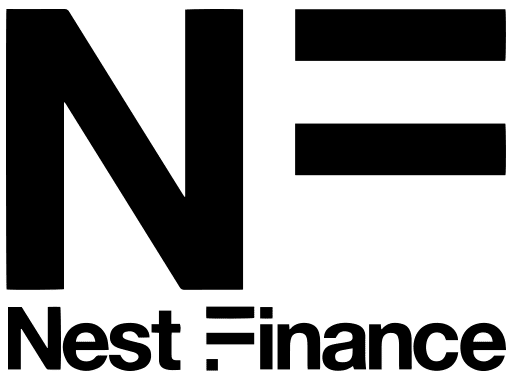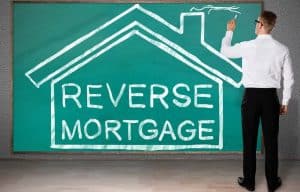A mortgage is a type of long-term loan that most people need in order to buy a property. You borrow the money from a lender – usually a high-street bank or building society – and then pay it back (plus interest!) over a period of time (usually 25 to 30 years).
To get a mortgage, you’ll most likely need to put down a deposit of at least 5%, though there are a few deposit-free mortgages available.
The deposit counts as your equity (ownership) in the property – and then the mortgage loan pays for the rest of the property’s purchase price. This ratio between what you own and what you owe the lender is called the loan-to-value ratio, or LTV.
Your home may be repossessed, if you fail to keep up with your mortgage payments.
How does it work?
There are different types of mortgage that all work slightly differently. Generally speaking though, your deposit (e.g. 5% of the property value) gets added to the mortgage loaned to you by the lender (the remaining 95% of the property value) and the full 100% is paid to the seller. You then pay off the mortgage in monthly instalments to the lender.
A mortgage is a “secured loan” – it’s “secured” against your home. What this means is, if you do not keep up with the monthly repayments your home could be repossessed or the lender could force you to sell it and pay it back what you owe.
The mortgage term is the agreed time you have to pay it off.
What are the different types?
Mortgages are usually divided into a few main types:
- Interest-only
- Repayment
- Fixed-rate
- Variable-rate
Interest-only mortgages require you to just pay off the interest on the outstanding loan. This often means the monthly instalments will be lower than a repayment mortgage and therefore more affordable. However, you’ll still have the full loan to pay off at the end of the term.
With a repayment mortgage, each of your monthly repayments pay off the interest and some of the original loan. As a result, the amount of interest you pay gradually goes down until the majority of your payments go towards shifting the actual debt.
As the names suggest, fixed-rate mortgages have an interest rate which is set for an agreed period of time, usually two, three, five or 10 years, whereas variable-rate mortgages have interest rates that change, primarily in line with the Bank of England base rate.
What do I need?
More often than not, you’ll need at least a 5% deposit – a lump sum of cash which you have saved to put towards a property – to get a mortgage.
Usually, better rates and better deals are reserved for borrowers with larger deposits – 15% and above – so the more you can save up before you apply for a mortgage, the better. It shows the lender you have financial discipline and commitment – plus, there’s less risk for the lender!
You’ll need to prove you have a regular income or salary that can cover the cost of monthly mortgage payments and then some.
How do I choose a mortgage?
To choose the right mortgage for you, you first need to settle on your priorities. Do you value the security of fixed monthly payments? If so, a fixed-rate deal is the obvious choice. Or is your primary focus the lowest monthly payments possible? In which case, an interest-only mortgage might be right for you.
You can compare mortgages online via a comparison site and apply directly to a bank or building society, or you can speak to a mortgage broker or independent financial adviser (IFA) who will recommend the best product for you and help you with the application process.
Before you go house hunting it’s a good idea to find out how much a mortgage lender is willing to lend to you, which you can do by securing an agreement in principle (AIP).
What is remortgaging?
The process of remortgaging is the same as when you got your first mortgage in that you’ll need an AIP, your lender (existing or new) will still perform affordability checks and you’ll need to gather all the paperwork etc. to apply.
However, the way you put your deposit together will most likely be through equity you’ve accumulated in your property (as opposed to via your savings), and you probably will not need your AIP until you’ve decided on the mortgage you want.





